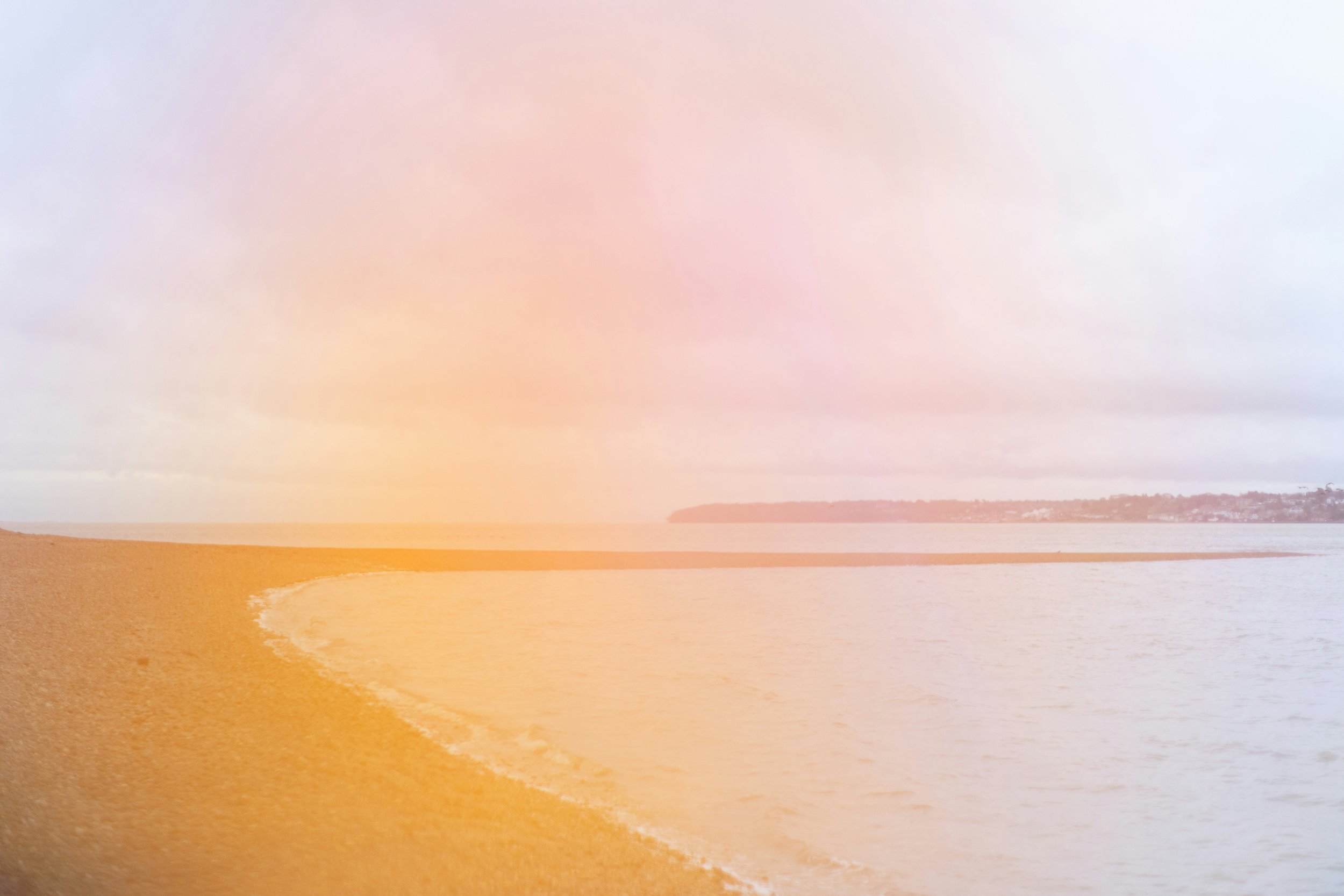
Happy, The End.
Why you never want special moments to end.
What To Do About The Desecration of Beauty
What is the standard for successful art in our culture? And who sets it? What we need to do to revive the beautiful in pop culture.

What is the standard for successful art in our culture? And who sets it? What we need to do to revive the beautiful in pop culture.